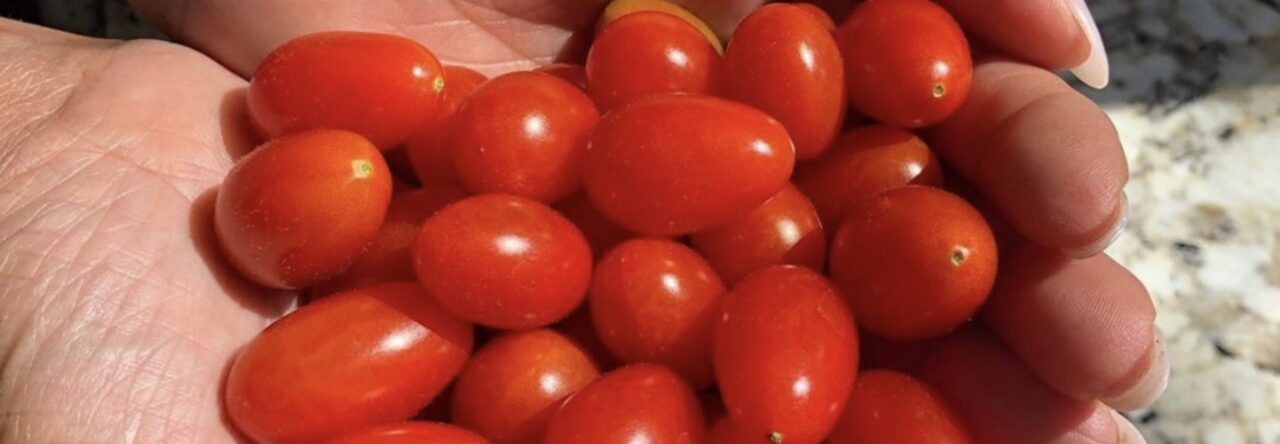
“No means no” refers to an anti-rape slogan that emphasizes sexual consent. That is not the kind of NO I am referring. NO is an acronym for nitric oxide, one of the hottest natural chemicals in nutrition and exercise science right now. Nitric oxide, produced by mammals including humans, causes dilation or relaxation of blood vessels. When the pressure inside our blood vessels is high, it permanently damages the entire cardiovascular system which includes the heart and kidneys. High blood pressure is a major cause of heart disease, heart failure, stroke, kidney disease, and erectile dysfunction. Nitric oxide does not just affect the cardiovascular system, it also plays a role in immunity. When produced in white blood cell, it becomes toxic to invading bacteria and parasites. It makes the blood less likely to clot, a major cause of stroke and heart attack. Athletes use nitric oxide supplements such as beetroot powder to enhance the effects of training and improve performance. Nitric oxide increases blood flow to muscles which promotes oxygen transfer. An athlete’s performance is limited by the amount of oxygen he/she can uptake.
N + O = NO
The 1998 Nobel Prize in medicine was awarded to scientists who identified the action of nitric oxide. Their research confirmed the role of NO as the gatekeeper of blood flow to different organs. Most of my heart patients are prescribed nitroglycerin, a form on nitric oxide, as an emergency pill or spray in case of angina or heart pain. Nitroglycerin treats and prevents chest pain due to decreased blood flow to the heart. Viagra is a popular prescription vasodilator which treats erectile dysfunction. The problem with prescription and over the counter medicines are they also come with side effects. Vasodilators can cause chest pain, rapid heartbeat, fluid retention, nausea, vomiting, headache, and nasal congestion just to name a few consequences.
The good news is the precursor form of NO is available to everyone either by growing it yourself or purchasing it at your local farmer’s market or grocer. Nitric oxide is produced in the mouth through conversion of dietary nitrate to nitrite by oral bacteria followed by the stomach’s conversion of nitrite to nitric oxide. Green leafy vegetables are particularly rich in nitrate (see list below), but all vegetables are sources of nitrate so do not limit yourself to one over the other. The cells of the cardiovascular system also produce nitric oxide, but it theorized it is not enough. Dr. Nathan Bryan, who researches the effects of nitric oxide in humans, estimates the US population is deficient in nitrate-rich food and this in turn is the reason for the high rate of cardiovascular disease.
| High NO Producers | Medium NO Producers | Low NO Producers |
| Kale, Swiss chard, arugula, spinach, chicory, wild radish, bok choy, beets, lettuce, cabbage, mustard greens, raw cauliflower, parsley, kohlrabi, carrots, and broccoli | Coleslaw, asparagus, celery, watercress, artichoke, eggplant, strawberry, potato, garlic, tomato, vegetable juice, vegetable soup, and melon | String beans, figs, prunes, sweet potato, raspberries, raisins, bananas, cherries, onion, bean sprouts, chickpeas, red wine |
Food manufacturers add sodium nitrate and sodium nitrite to processed meat to preserve them. These chemicals prevent pathogenic microbes from making you sick, extend the shelf life of food, impart a distinct flavor, and keep meat from turning brown. Nitrates and nitrites in these foods can be from natural sources, e.g. celery powder, but this does not absolve them from being listed as probable carcinogens. Nitrate and nitrites combine with the protein in processed meats to form nitrosamines which is associated with gastric and esophageal cancer. Processed meats have other negatives effects such as too much sodium, saturated fat, and phosphate so it is best to limit or eliminate this type of food from your diet. The nitrates and nitrites found in vegetables do not have the protein found in meat so there is no risk of production of nitrosamines or cancer. In fact, NO may protect against cancer by preventing cancer cell growth.
How do you say “yes” to more nitric oxide? As a nutritionist, I advise patients to add vegetables to meals whenever possible, e.g. spinach to omelets, celery and parsley to tuna salad, and salads with lunch or dinner. Make your meals plant-based with small amounts of unprocessed meat, poultry, or fish. Do not fall prey to taking dietary supplements or processed nitric oxide as a shortcut. There are other benefits of vegetables such as phytochemicals that have other roles in human health. One caveat, the use of antibacterial mouthwash such as Listerine destroy the bacteria in the mouth responsible for converting nitrate to nitrite, a key reaction necessary to make nitric oxide. You will have to speak to your dentist about alternative ways to freshen your breath.

Leave a Reply